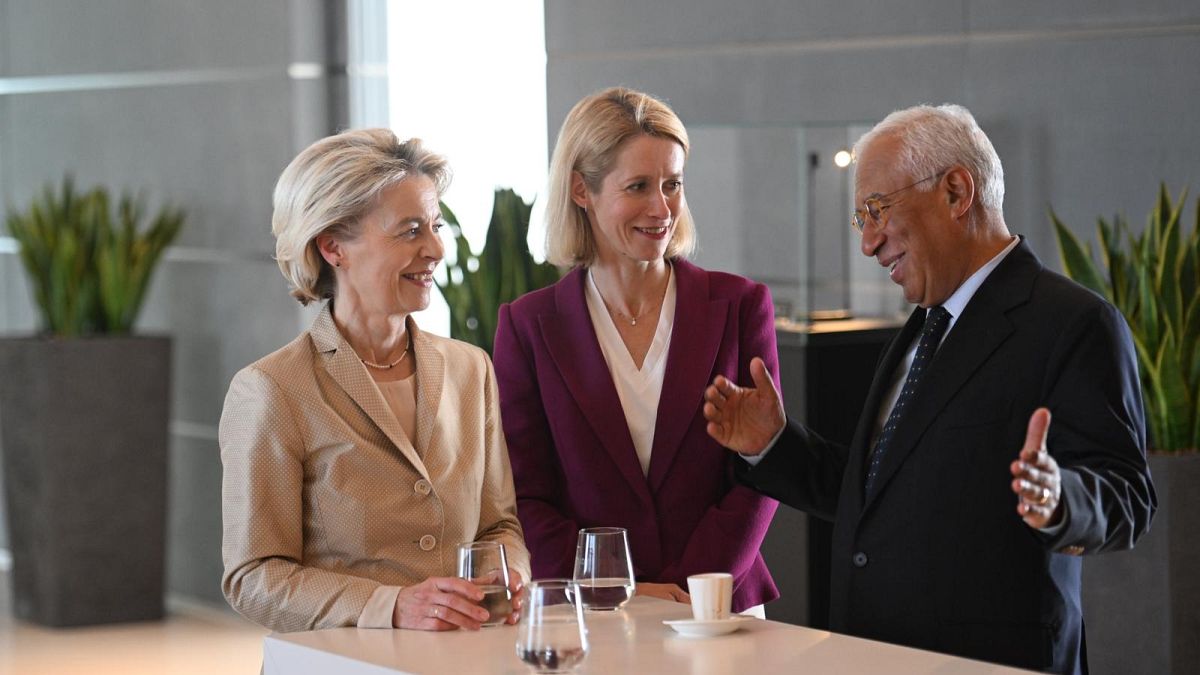António Costa, a politician from the south of the European Union, will be taking over the presidency of the European Council for the first time. This move comes after a vote in which Italian Prime Minister Giorgia Meloni expressed her displeasure at being excluded from preparatory talks with a small group of leaders who divvied up the top jobs. Despite this, Costa has stated that he will work closely with Meloni and the other 26 EU leaders. He recognizes that each politician has their own political orientations and will vote accordingly.
António Costa, who resigned as Portugal’s prime minister in the wake of a judicial scandal, will now become president of the European Council in December. This rapid rise to power marks a significant moment as a politician from the south of the European Union takes the presidency of the European Council for the first time. Costa’s extensive experience in politics, having served as head of government for almost a decade, makes him well-equipped to lead the 27 leaders through current challenges.
As he prepares to take the reins of the European Council, Costa has already begun meeting with key officials to organize his cabinet. Despite political differences between governments and varying levels of development across countries, he emphasizes the importance of making decisions collectively. Costa, known for his pragmatic and determined approach, aims to promote consensus through qualified majority and, where possible, through consensus, without allowing any single country to veto decisions.
Born to a communist writer with roots in Goa, Portugal’s former colony in India, and a journalist and women’s rights campaigner, Costa brings a unique perspective to his role. He stresses the importance of treating all 27 heads of government and state with equal respect and ensuring that decisions are made collectively. Costa’s background as a lawyer and his long history in politics have prepared him to navigate the transition of the economic paradigm and address geopolitical challenges facing the European Union.
With the presidency of the European Council comes the opportunity for Costa to exercise his leadership on a larger stage. He envisions a collaborative approach that transcends political families and aims to foster unity among the diverse member states of the EU. As he takes on this new role, Costa’s commitment to working towards consensus and respecting the voices of all leaders will be crucial in guiding the European Union through a period of significant change and uncertainty.
In conclusion, António Costa’s ascension to the presidency of the European Council represents a milestone in EU politics, with a politician from the south taking on this role for the first time. Costa’s background, experience, and commitment to consensus-building make him well-suited to lead the 27 member states through the challenges and opportunities that lie ahead. By working collaboratively with all leaders, Costa aims to uphold the principles of equality and respect, ensuring that decisions are made collectively and effectively. As he prepares to assume his new position, Costa’s pragmatic and determined approach will be instrumental in shaping the future of the European Union.










